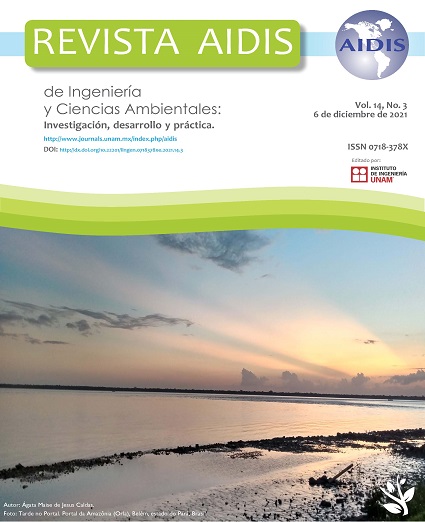THE USE OF ELECTRIC BOATS AND PHOTOVOLTAIC ENERGY AS A GOOD PRACTICE FOR REGIONAL SUSTAINABLE DEVELOPMENT
Contenido principal del artículo
Resumen
Transportation dynamics are essential for the economic development of the urbanisation process. It also interferes the social distribution pattern and the environmental features of urban areas. Either along inland waterways or coastlines, boats might represent a massive source of clean technology, depending on their source of energy and functional specifications. The electric motor for boats joins the range of propulsion supply of new driving components within the context of electric mobility. The option of feeding it with renewable energy resources meets several actions that have been reviewed: new wetted materials, the use of fossil fuels and mostly the emission of CO2. Given the assumptions listed, the present study was guided by the use of electric energy produced by photovoltaic cells with favourable results in electric motors. The experimental tests showed that the electric motor could be activated only by photovoltaic panels or have the battery loaded from solar panels. In all the situations the boat movement was similar to the combustion motor. The minimisation of the environmental impact was approached by withdrawing the fossil fuel engines, and the results also corroborated the economic and social use of these boats for transportation, small-scale fishing, sports and sightseeing, representing the blueprint that urban areas intend to achieve in line with the Sustainable Development Goals of the 2030 Agenda.
